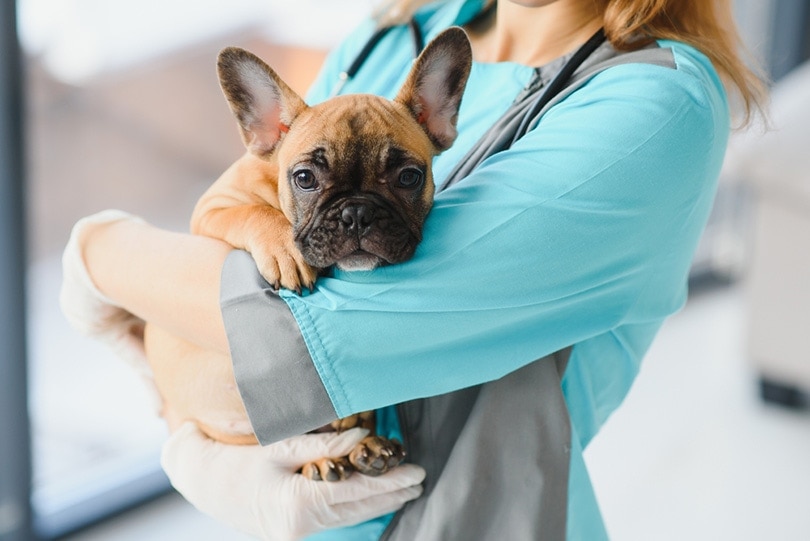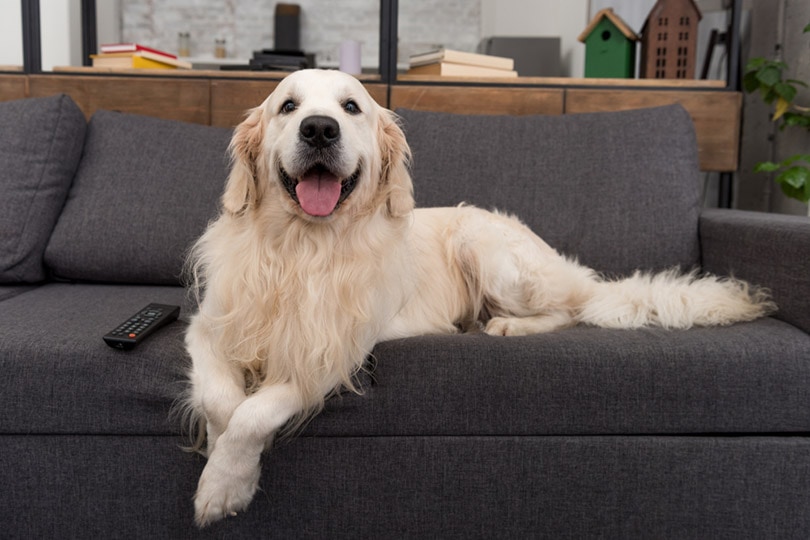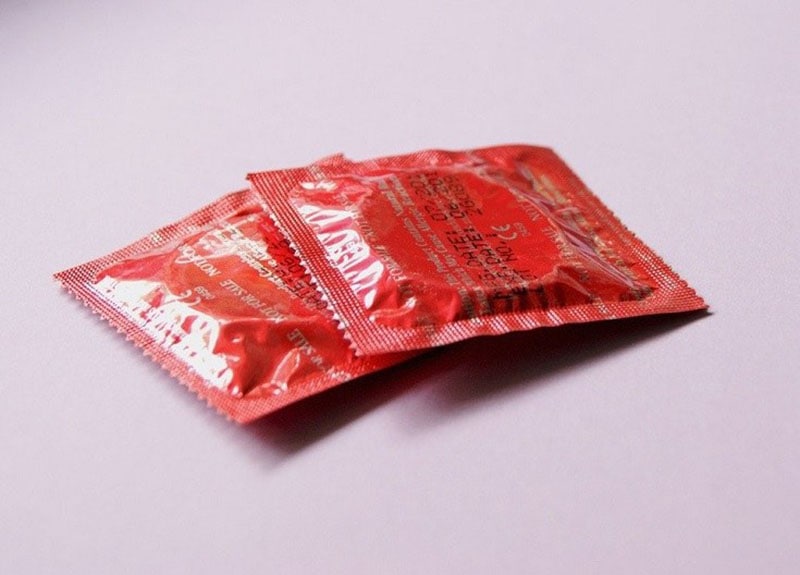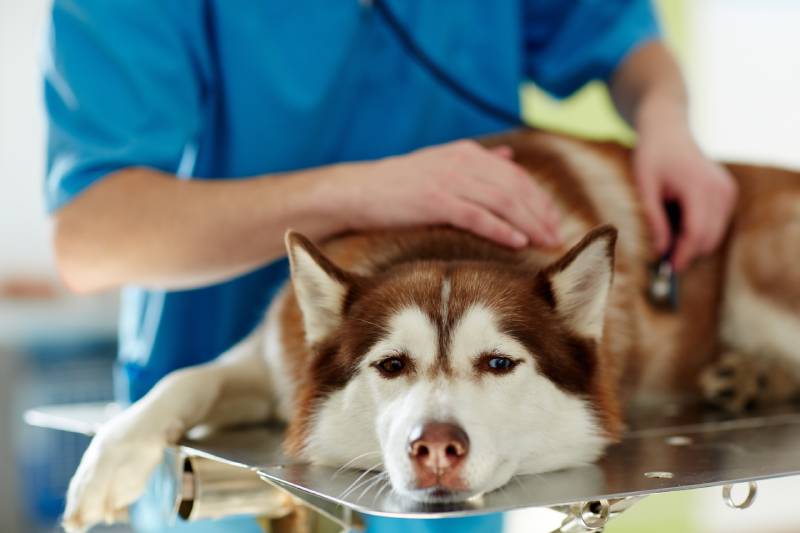Although it is not quite a “morning-after pill” as it doesn’t prevent pregnancy, there are measures a veterinarian can take to help end a pregnancy in a female after an unwanted mating. However, it is not a treatment to be undertaken lightly as there are potential side effects, it is not always completely effective, and, as with most things, prevention is better than cure.
This article should not be taken as a replacement for veterinary advice and any queries or concerns you have about your dog’s reproductive life and capabilities should be discussed directly with your veterinarian.
Will My Vet Advise About Pregnancy in Dogs?
While some pet parents are very knowledgeable about their female’s reproductive system, others are not. People who have never had dogs before or who have had male dogs only may not be familiar with their female dog’s reproductive cycle. Therefore, it is important to discuss any questions you have with your veterinarian.
Usually, when you bring your new puppy to your veterinary clinic for their primary vaccination course your veterinarian will go through various topics including neutering/spaying and will also be happy to answer any questions you may have about reproductive cycles, pregnancy, and its prevention. The primary vaccination course is an ideal opportunity to educate yourself on all aspects of your puppy’s health and welfare, as well as to look ahead and help preempt any unwanted outcomes.
However, accidents do happen and if you find yourself in a position where you know that your female has had an unwanted mating then you should book an appointment with your veterinarian as soon as possible to discuss the options. It should be noted though that mating does not always result in a pregnancy. This can be discussed with your veterinarian before any treatment.

Injections to End a Pregnancy
Again, it should be emphasized, that this article is not a replacement for a consultation with your veterinarian and is not comprehensive. There are injections that can induce the termination of a pregnancy in the female up to 45 days after mating, by interfering with the hormones involved in pregnancy. The treatment consists of two injections, given 24 hours apart, by your veterinarian.
If your dog received the injections after 20 days of pregnancy her body will remove the fetus/fetuses from the uterus in a manner similar to giving birth. In earlier stages of pregnancy, the fetus/fetuses are resorbed. Your veterinarian will discuss with you what to expect and when to contact them if there is anything to be concerned about.
Success Rate and Side Effects of Injections
It should be noted that this treatment does not have a 100 percent success rate. There are also instances where there is a partial effect. Ultrasound can help confirm if the treatment has been successful in ending the pregnancy. If it has not been successful, then it is advisable to discuss further options with your veterinarian. If the treatment doesn’t work or has only worked partially, and no further treatment has been carried out, your pregnant dog should be monitored closely throughout the remainder of her pregnancy.
On occasion, these injections can have side effects such as anorexia, depression, vomiting, and diarrhea. Again, if you are concerned about your pet, you should contact your veterinary surgeon. There can also be a reaction at the site of the injection, with localized pain and inflammation.


Final Thoughts
As mentioned above, neutering is usually discussed with new puppy parents. As well as preventing unwanted pregnancies, neutering can prevent problems such as pyometra, or infection in the uterus, which can cause very serious illness in dogs, typically in middle age or older. Obviously, neutering is not an option if you are planning for your dog to have puppies in the future. Again, as with any health or reproductive choices in your dog, you should discuss this with your veterinarian.
You Might Also Be Interested In:
- Is There A Morning-After Pill For Cats? Our Vet Answer
- My Dog Ate My Birth Control: Should I Be Worried? (Vet Answer)
Featured Image Credit: LightField Studios, Shutterstock











